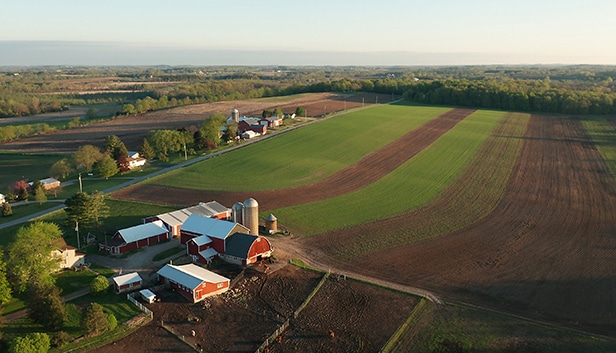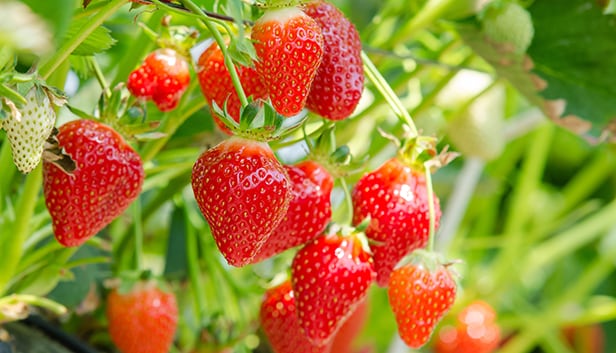Agri-Food Intelligence
Expert insights into the latest developments in the food processing and agribusiness industry from our economist and advisors at the Agri-Food Institute.

Dr. Michael Swanson blog

Read more Agri-Food Intelligence insights
Get the Agri-Food Intelligence newsletter
Wells Fargo Agri-Food Institute in the news
USA Today: Why are consumers snacking less? We explain. - Robin Wenzel, Head of Wells Fargo Agri-Food Institute
USA Today: Will grocery store prices increase with tariffs? We explain. – Dr. Michael Swanson, Chief Agricultural Economist, Wells Fargo Agri-Food Institute
CNBC: Which prices are falling for consumers – Brad Rubin, Sector Manager, Wells Fargo Agri-Food Institute
Bloomberg: Cocoa Extends Gains After Global Processing Topped Expectations – David Branch, Chief Agricultural Economist, Wells Fargo Agri-Food Institute
Yahoo Finance: Egg prices tank in April as food inflation declined the most in 5 years – Kevin Bergquist, Sector Manager, Wells Fargo Agri-Food Institute
Reach out to get started
Let’s connect. We’re focused on providing tailored products and services to meet the unique banking needs of Food & Agribusiness commercial businesses.
RO-4524481
LRC-0525



